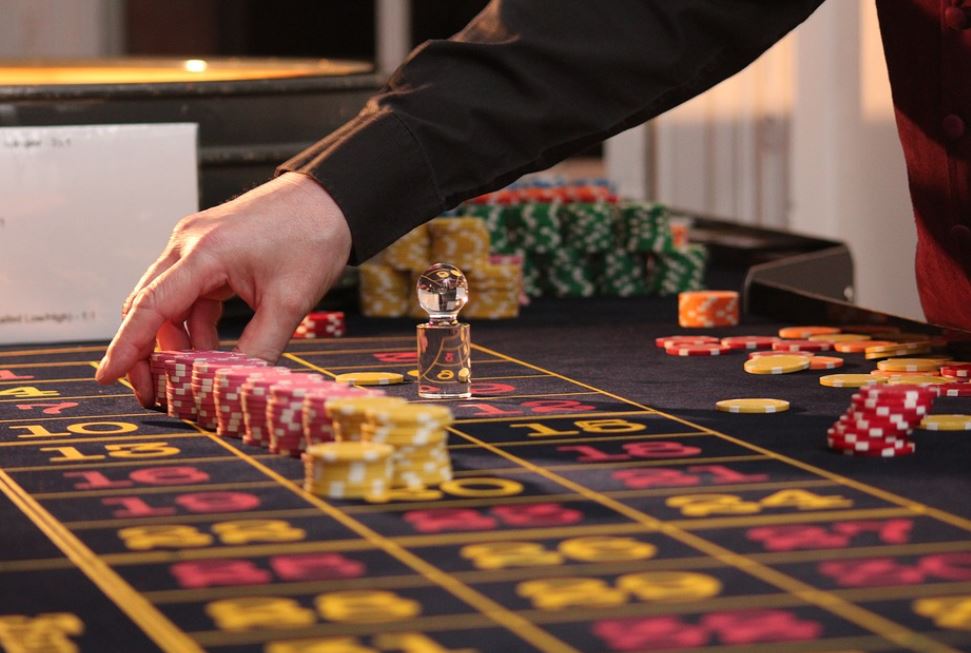
In the lively world of gambling, gaming activities have long enthralled the imagination of participants around the globe. These games, ranging from timeless table options like poker to the spinning reels of slot machines, offer an intriguing mix of chance and tactics. While luck undeniably plays a crucial role in influencing outcomes, the importance of skill in many casino activities cannot be overlooked. Understanding how expertise influences the experience can enhance not only a participant’s enjoyment but also their chances of achievement.
As we dig into the inner workings of gambling options, it becomes apparent that some require a solid grounding of knowledge and planning. Activities like blackjack demand more than just luck; they call for strategic thinking, mental insight, and calculated decision-making. In opposition, other activities, such as roulette and slot machines, are primarily driven by chance, allowing gamblers to rely entirely on random chance. This distinction raises fascinating questions about what genuinely drives victory in the realm of casinos and how a player’s abilities can tilt the balance in their favor.
Grasping Skill versus Luck in Gambling Games
In the sphere of casino games, the debate between skill and luck is a enduring one. Numerous games are often divided into two groups: those that rely predominantly on randomness, such as slots and roulette, and those where skill plays a major role, like the game of poker and blackjack. The difference is crucial because it affects not only gameplay strategies but also the approach players take when engaging with these games. While luck can play a decisive role in the short term, skilled players can boost their chances of winning over the extended period in skill-based games.
Skill-based games, especially poker, demand players to comprehend probability, psychology, and game theory. A seasoned poker player can read rivals, make calculated bets, and know when to fold, all of which can lead to more favorable outcomes. On the other hand, in games that are purely chance-driven, no amount of skill can alter the odds. This implies that although a player may win big in one session, their success may often be subject to the whims of random outcomes rather than any strategic expertise.
Ultimately, both skill and luck coexist in the world of casino games, forming a dynamic environment for players. Although games of chance can provide thrill and instant gratification, mastery and strategy in skill-based games offer a deeper level of engagement for those prepared to invest time in honing their craft. This interaction between skill and luck defines the experiences of players and shapes their relationship with the games they select to play.
The Impact of Ability on Game Outcomes
In the world of casino games, ability plays a crucial role in determining the results, especially in activities where tactics and choices are essential. For example, in poker, players must assess rivals, calculate probabilities, and make calculated bets to maximize their chances of winning. Unlike activities that rely purely on chance, such as slot machines or roulette, this game demands an understanding of both the rules and the behavior of other players, making expertise a vital component of victory.
Other skill-based activities, like blackjack, also emphasize the importance of player skill. Understanding of basic tactics, card counting, and when to hit or stand can dramatically influence the house edge. A proficient 21 player can reduce this edge and boost their chances of success significantly. This contrasts sharply with activities that do not allow for such tactical play, demonstrating how the level of expertise directly affects the possibility for positive results. ga179 com
Additionally, even within games deemed primarily luck-based, like the game of craps, the choices made by gamblers can impact their overall performance. Choosing the right bets, understanding the odds of different results, and controlling one’s bankroll are essential aspects that can enhance a player’s experience and results. Thus, while chance remains a factor in casino games, ability can substantially influence how efficiently participants navigate these environments, leading to more favorable outcomes.
Approaches for Proficient Play in Gaming Establishments
To thrive in casino games, players must develop a robust comprehension of the rules and odds involved in various games. This basic knowledge enables individuals to make educated decisions, especially in skillful games like Texas Hold’em and blackjack. Becoming acquainted oneself with game strategies, such as card counting in 21 or recognizing betting patterns in Texas Hold’em, can significantly enhance a player’s chances of winning. Sharpening these strategies through mock games or lower-stakes games allows players to refine their skills without risking substantial amounts of money at risk.
One more key approach is budgeting. Players should establish a budget before going into the gaming establishment and adhere to it strictly. This involves deciding how much they are prepared to lose and setting limits on how much they will bet in each session. By keeping a controlled approach to gambling, players can sustain their play and reduce the chance of significant losses. Additionally, taking breaks can help preserve a clear mind and prevent rash decisions that often lead to bad gameplay.
In conclusion, emotional control is vital in the intense environment of a casino. Players must be adept at controlling their emotions, particularly during periods of success or losing streaks. Staying focused and not letting emotions influence gameplay can lead to more rational decisions. Methods such as taking deep breaths or walking away from the table during intense moments can help keep composure. By cultivating a steady mindset, players can approach casino games with assurance and skill, ultimately improving their complete gaming experience and results.